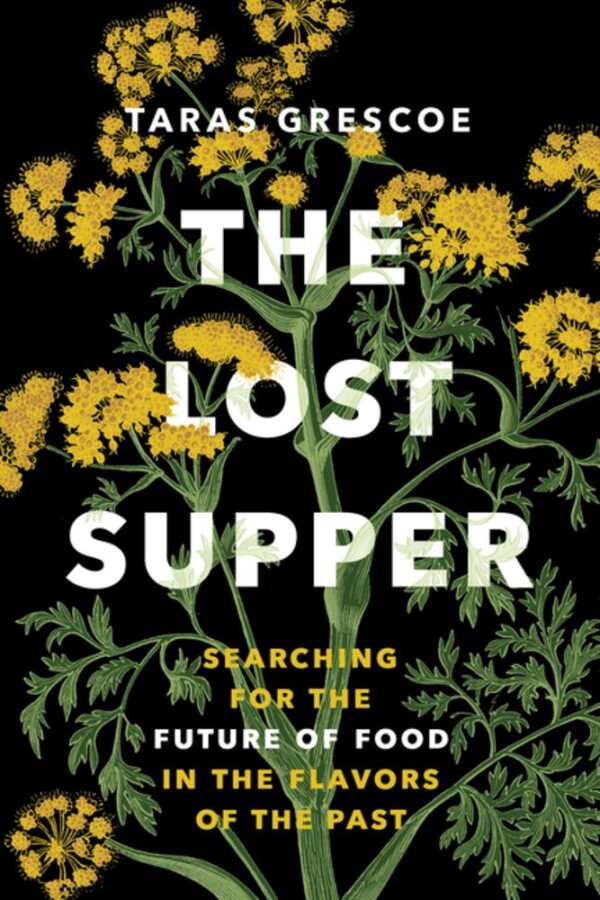The Lost Supper
Searching for the Future of Food in the Flavors of the Past
Taras Grescoe’s investigative book The Lost Supper elevates the quest to eat sustainably into a jet-stetting journey to nine international destinations to learn ancient foodways and acquire traditional and Indigenous ingredients.
An adventurous eater, Grescoe embarked from his home in Montreal, hoping to discover the future of food in the flavors of the past. In each country, he tracked down one foundational ingredient. But the trip that at first seemed directed by a simple goal became a pilgrimage, requiring detective work, increasing cash outlays, and resolve. Foods that were once common staples, he learned, were now more likely to be found for astronomical prices at chef’s tables and luxury grocers.
As a gastronomic travelogue, The Lost Supper is clever. It thrills with its escapist, aspirational appeal and ripped-from-the-headlines documentary qualities. Surprising, often enthralling, facts about the past anchor Grescoe’s trips—covering the long-lived, idyllic Neolithic community discovered in Turkey; the water-skimmer eggs still gathered by the heirs to the Aztecs in Mexico City; and the recreation of ancient Roman recipes for garum in Cadiz. The book excels at bridging these deep histories with the present, resulting in the immediacy of an epicurean and archaeological adventure.
But when it comes to modern food production and envisioning a future approach to food that melds Grescoe’s triumvirate of flavor, omnivorous eating, and sustainability, the book’s messaging becomes reductive, with saber-rattling about non-GMO foods and agrarianism. Whether it’s romanticizing the past, a selective emphasis on success stories, or with implicit class bias, when it comes to the crux of future food security, the book’s answers skew superficial and individualistic.
Covering a global culinary adventure, The Lost Supper melds food history with culinary derring-do.
Reviewed by
Letitia Montgomery-Rodgers
Disclosure: This article is not an endorsement, but a review. The publisher of this book provided free copies of the book to have their book reviewed by a professional reviewer. No fee was paid by the publisher for this review. Foreword Reviews only recommends books that we love. Foreword Magazine, Inc. is disclosing this in accordance with the Federal Trade Commission’s 16 CFR, Part 255.

